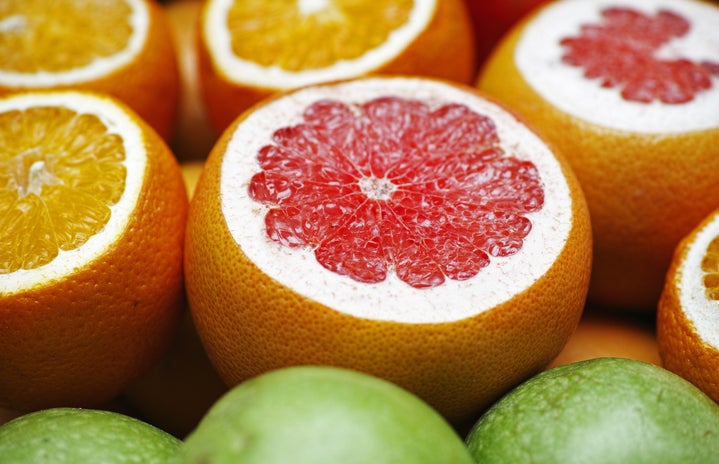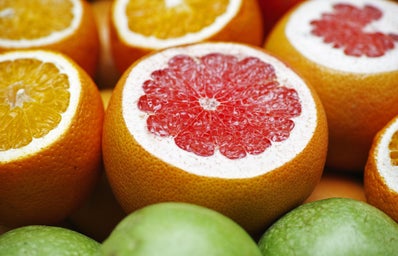Thousands of Californian’s woke up today and indulged in their daily dose of caffeine. Most people are aware of coffee’s addictive qualities; however, a Los Angeles Superior Court judge believes that coffee drinkers should be warned of the potential carcinogens within everyone’s favorite toasted beans.
Aaron E. Carroll from the New York Times breaks down the reason why this proposition could be a bad idea in his article found here.
Carroll explains that 40 percent of American caloric intake is carcinogenic because these chemicals are created any time a starch is heated about 250 degrees Fahrenheit. Any method of cooking that is not via microwave or boiled water has a risk of creating carcinogenic chemicals.
So, if these chemicals are so common why does a Californian judge want to make large coffee companies and local businesses warn consumers of potentially cancer-causing chemicals with their breakfast? Will people even care? Or will it cause an uproar of social anxiety and fear?
If this proposition is put in place, coffee companies must start thinking about how they are going to deal with the backlash of their product being labeled “cancer-causing.” As you might already expect, this is not the best for business. In my humble opinion, coffee companies’ best chance of combating the backlash that this law could create is to educate, educate, educate. Companies should use their platforms and social media to warn consumers in advance of the changing law and create in-store awareness by educating baristas and creating educational flyers for store locations.
If this law is passed, most people will probably find out on their way to work when they stop at their favorite coffee shop and get handed their usual with a warning label for cancer. This is sure to spark some questions, so if the café is prepared, handing the customer a flyer about the background of this law and facts about carcinogens, it is sure to help educate consumers sooner rather than later. In a sense, this situation should be treated with the delicacy of crisis communication. The more people know and the more transparency given, the better coffee companies will bounce back from their products being labeled as carcinogenic.
Carroll argues “If nearly inconsequential dangers get the same warning as significant dangers, people might start ignoring preventive efforts entirely.” Carroll’s article is a defense against the proposition, he states that the American Cancer Society does not recognize coffee as a cancer-causing substance.
No matter how you feel about this issue or where you stand, it is safe to say that before a decision is made about whether you want to continue to drink or support coffee makers, it is important to educate yourself. Be informed and make your own decisions. Recognize bias and spread accurate information.


